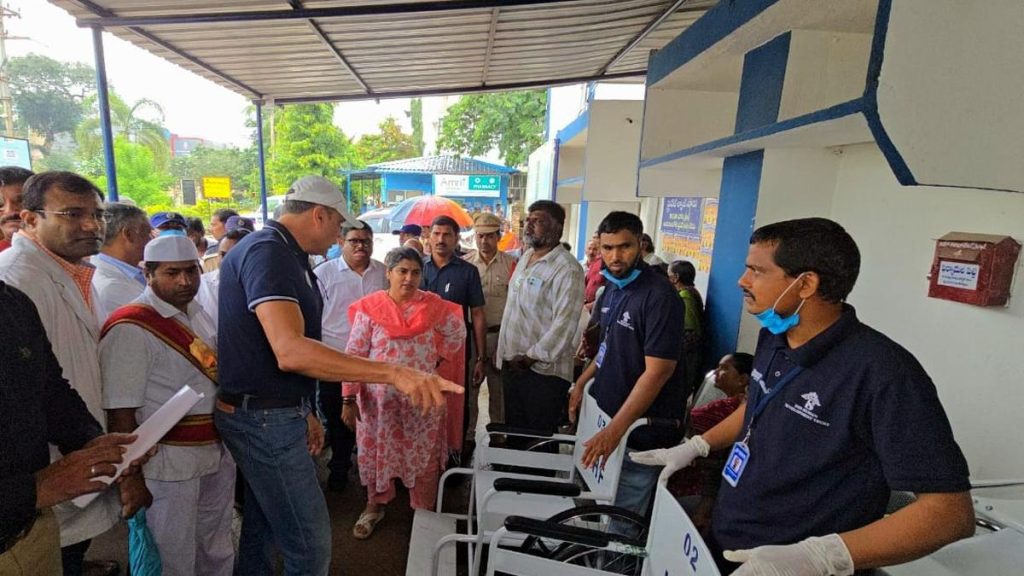Now Reading: Karnataka: Sagar Residents Protest Against Sharavathi Pumped Storage Project
-
01
Karnataka: Sagar Residents Protest Against Sharavathi Pumped Storage Project
Karnataka: Sagar Residents Protest Against Sharavathi Pumped Storage Project

Rapid Summary
- Residents of Sagar town, Shivamogga, protested against the sharavathi Pumped Storage Project (PSP) citing potential damage too the Western Ghats.
- The protest march started from ganapati Temple and concluded at Gandhi Maidan under the banner of Sharavathi Pumped Storage Project Struggle Committee.
- Abhinava Channabasava Swamy highlighted concerns that PSP could disrupt livelihoods dependent on River sharavathi and potentially redirect its water to Bengaluru.
- Former minister Hartal Halappa emphasized supporting displaced communities from prior projects in Malnad and criticized environmentalists who focused solely on litigation without addressing land issues for displaced residents.
- Environmentalist akhilesh Chippali alleged Karnataka Power Corporation Limited was withholding information about alternative technologies, stating that energy costs were inefficient with 2,500 MW required for pumping but only 2,000 MW generated in return.
- Raitha Sangha leader Shivanand Kugve called for democratic consultation with local residents before implementing such projects.
- Sagar City Municipal Council president Maitri Patil and vice-president Savita Vasu participated in the protest alongside other activists.
Indian Opinion analysis
The ongoing protests reflect growing resistance to large-scale infrastructure projects in ecologically sensitive regions like the Western Ghats. Concerns raised include environmental impact, inefficiency in energy utilization as calculated by self-reliant observers, and inadequate engagement with local communities whose livelihoods might be severely disrupted or altered by such developments.While proponents may argue that pumped storage systems assist with managing power shortages more sustainably compared to conventional fossil fuels or thermal solutions, critics underscore inefficiencies within this specific proposal-greater investment than output-and caution against ignoring long-term ecological consequences.The involvement of citizens across social strata highlights a collective demand for participatory governance grounded in democratic principles rather than top-down execution of infrastructure plans without public consensus or adequate compensation measures.
Efforts to bridge gaps between government entities seeking renewable energy innovation versus affected populations entrusting their survival to regional ecosystems will become increasingly crucial as India navigates pressing climate challenges alongside developmental imperatives.























